Manners Please
September 24, 2015
Fifty years ago, if a student acted up or forgot their manners, they would be punished or at the very least shamed. Nowadays, those actions go unnoticed. Smoky Hill has crossed a line as a student body that can lead to a somewhat controversial topic.
Students forget to say please, thank you, or you’re welcome – and in most cases are just plain rude to people. Why are they this way? Is it as simple as forgetting or have never been taught in the first place?
“For me, it comes naturally. [My parents] would make me use my manners every time and they remind me [if I forget].” Junior Mason Steel, says. Unfortunately not everyone can be a respectful student like Mason.
“There are some [students] that come in here and say ‘do you have this?’ and when we say no that we don’t have it, they get mad. There are some people who will come in, give you the money and point to it and then walk out. [However] most people say ‘can I have this? Okay thanks,’ or ‘ have a good day’” Maddi Mayle, a team member of DECA and one of the workers in Starbuffs says,
Although some students like to think of themselves as polite people, a few teachers begged to differ.
“I think manners have gone out the window. I don’t think people care about that kind of stuff. I think that respect for adults is secondary, I encounter this every day. It goes down every year; Worse and worse and worse. I [believe] its societal.” Chad Olsen, one of the English teachers here at Smoky says
Teachers struggle with the battle of getting their students to earn a good grade in their class. Although the struggle should be non-existent, as students and teachers are on the same side. Students mess up at times which can lead to their grade falling. This causes students to dislike and therefore disrespect their teachers.
Some teachers are in between, “Many [students] are okay, while about half are terrible.” Biology teacher, Kenneth Hamner says
“[Students] should build a time machine, go back in time to tell their parents to do a better job of raising them in the formative years from about zero to five years old,” he adds jokingly. “I could be friendlier, but I’m usually telling people exactly what they need to hear,”
In addition, Hamner says that there’s a correlation between students’ respect and the house that they have been raised in as well as their intelligence. There are factors such as how much money the parents make to be able to supply their kids with the right tools and a stable environment to learn and grow up in. “People who are more respectful [typically] have better homes and that certainly helps for good academic environments.” Hamner says.
Unlike both Hamner and Olson however, Michael Ady, another English teacher at Smoky Hill, has hardly ever encountered a rude student. “I think that, in general, the student body of Smoky Hill is very polite. Every morning when I’m walking in the building, if a kid is walking in front of me, they will hold the door open and say goodmorning. Or I’ll hold the door open for a kid coming in they’ll always say thank you. My students are [also] always very nice to me,” Ady said.
Both students and teachers find themselves at different ends of the spectrum on this issue. Whatever factors may affect one’s politeness, at the end of the day it’s as simple as remembering to smile and say please, thank you, and you’re welcome

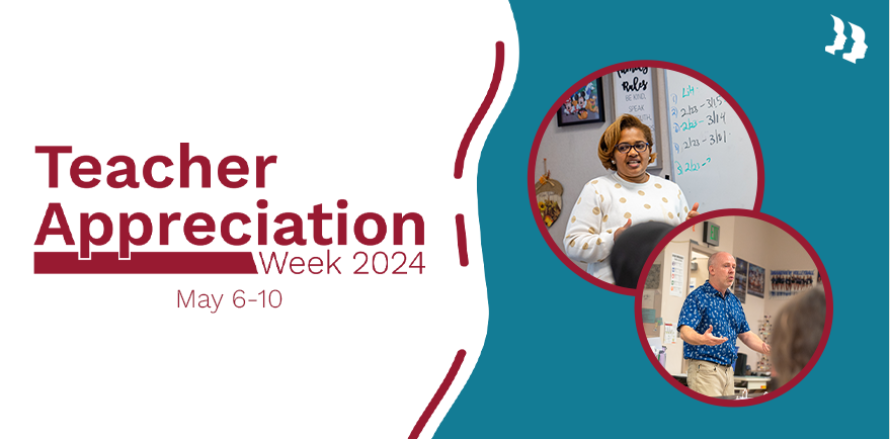
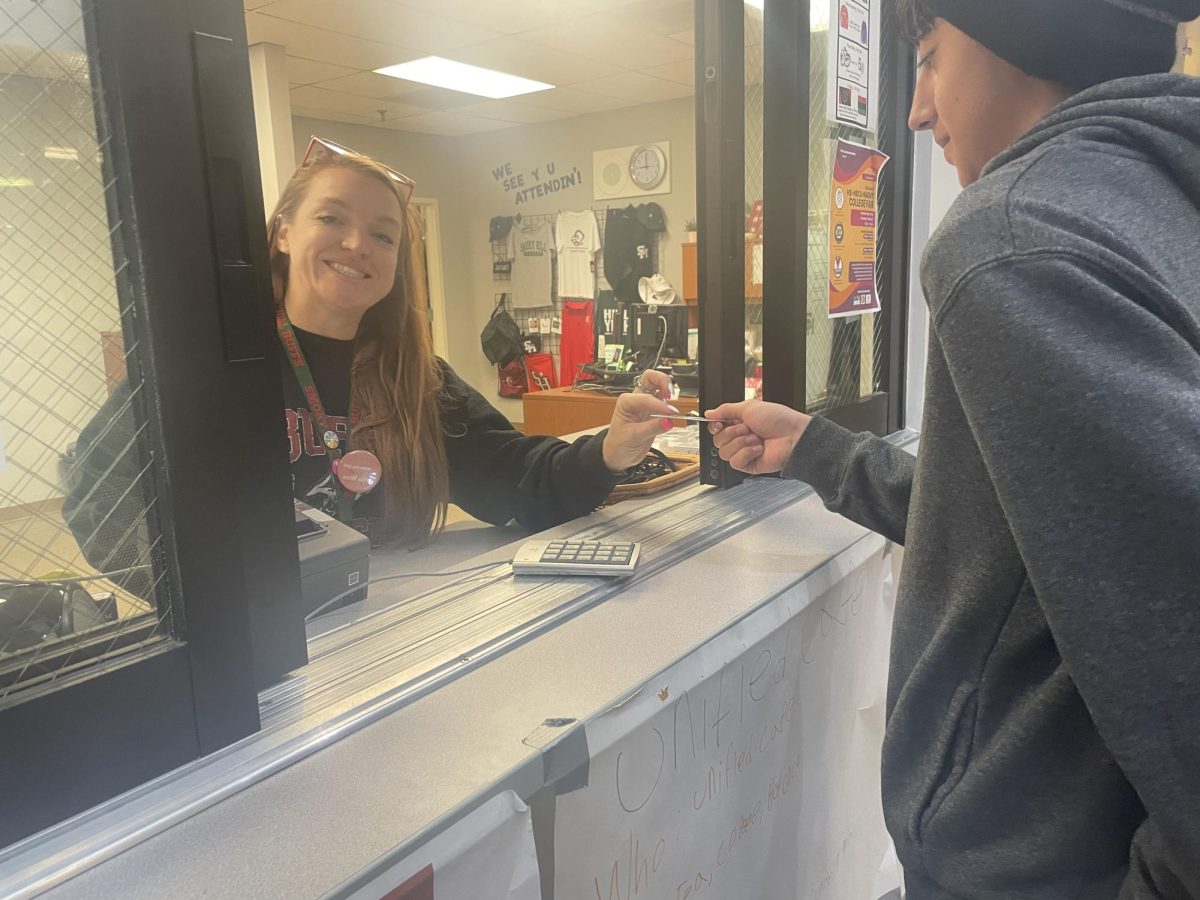
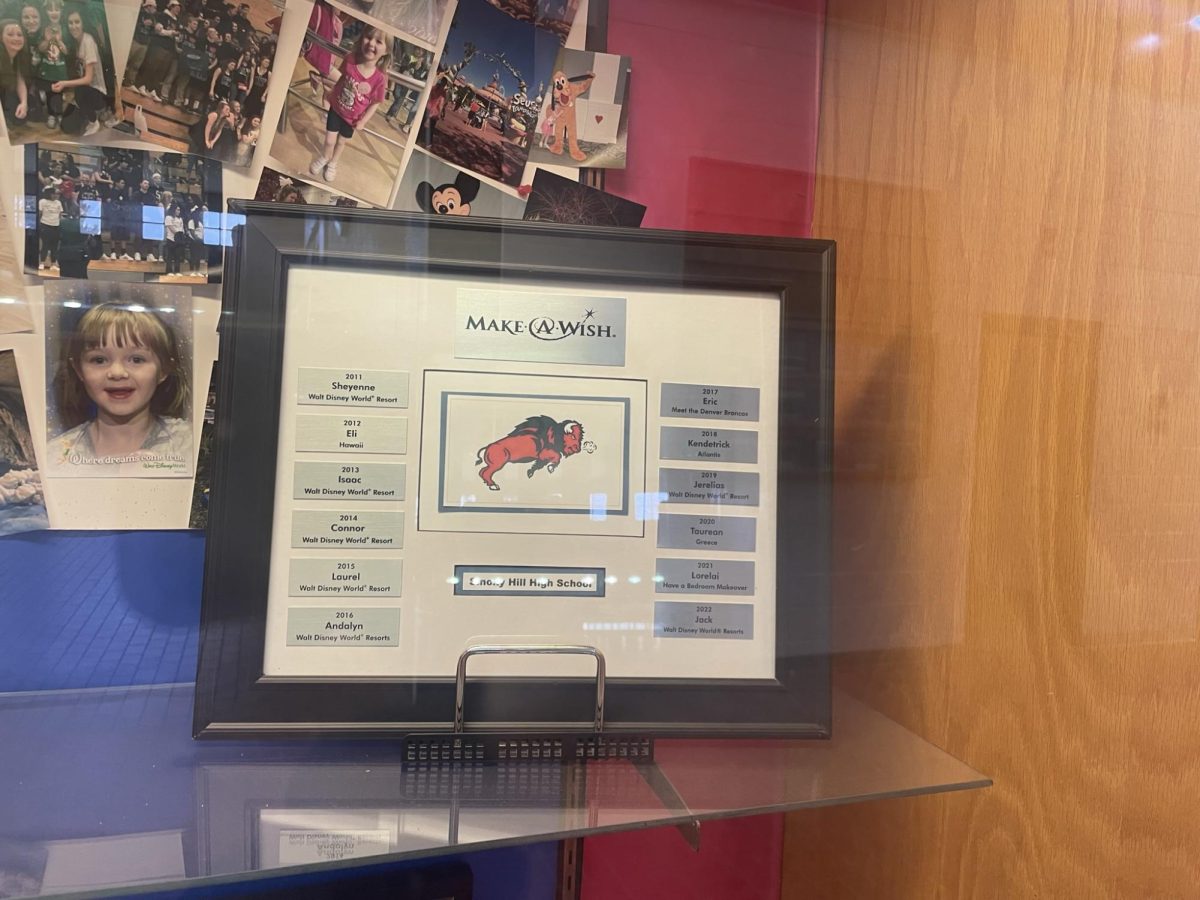



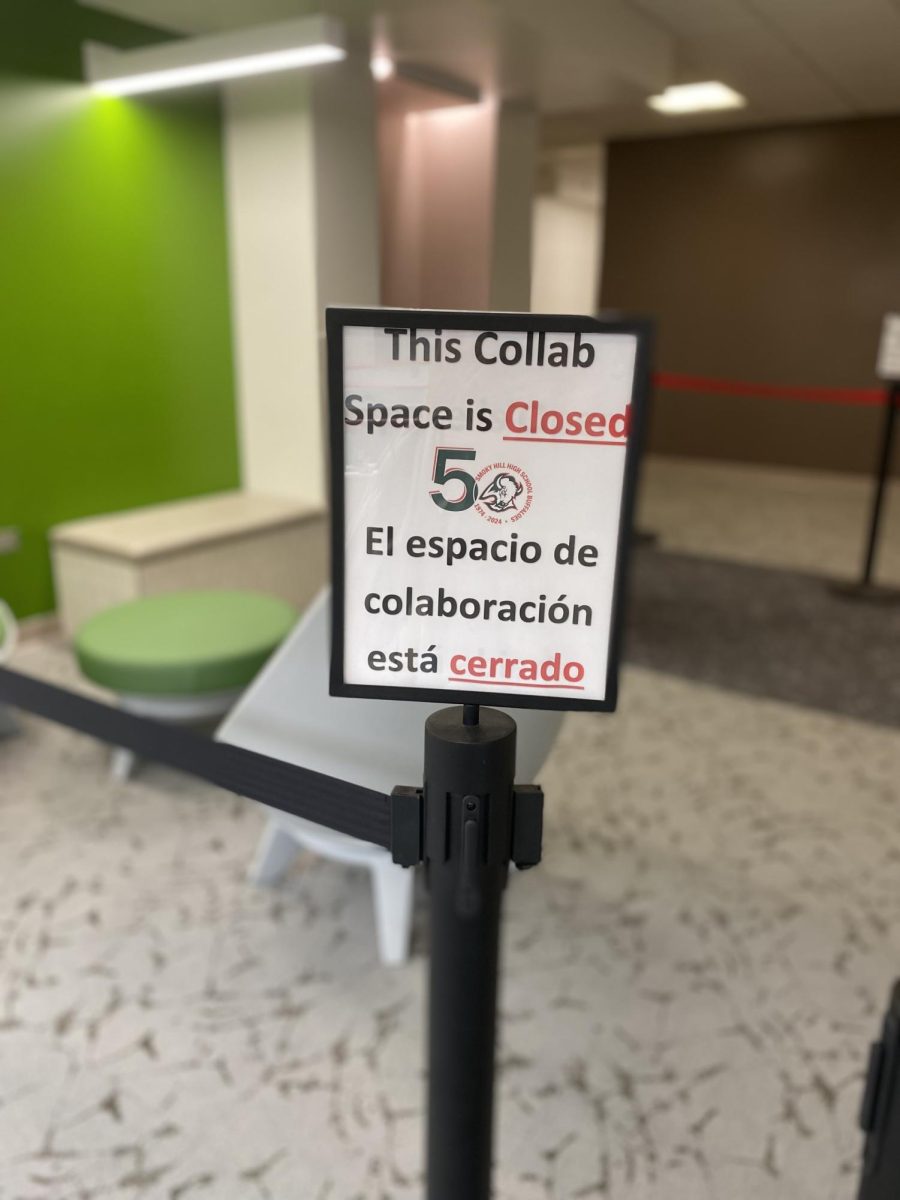
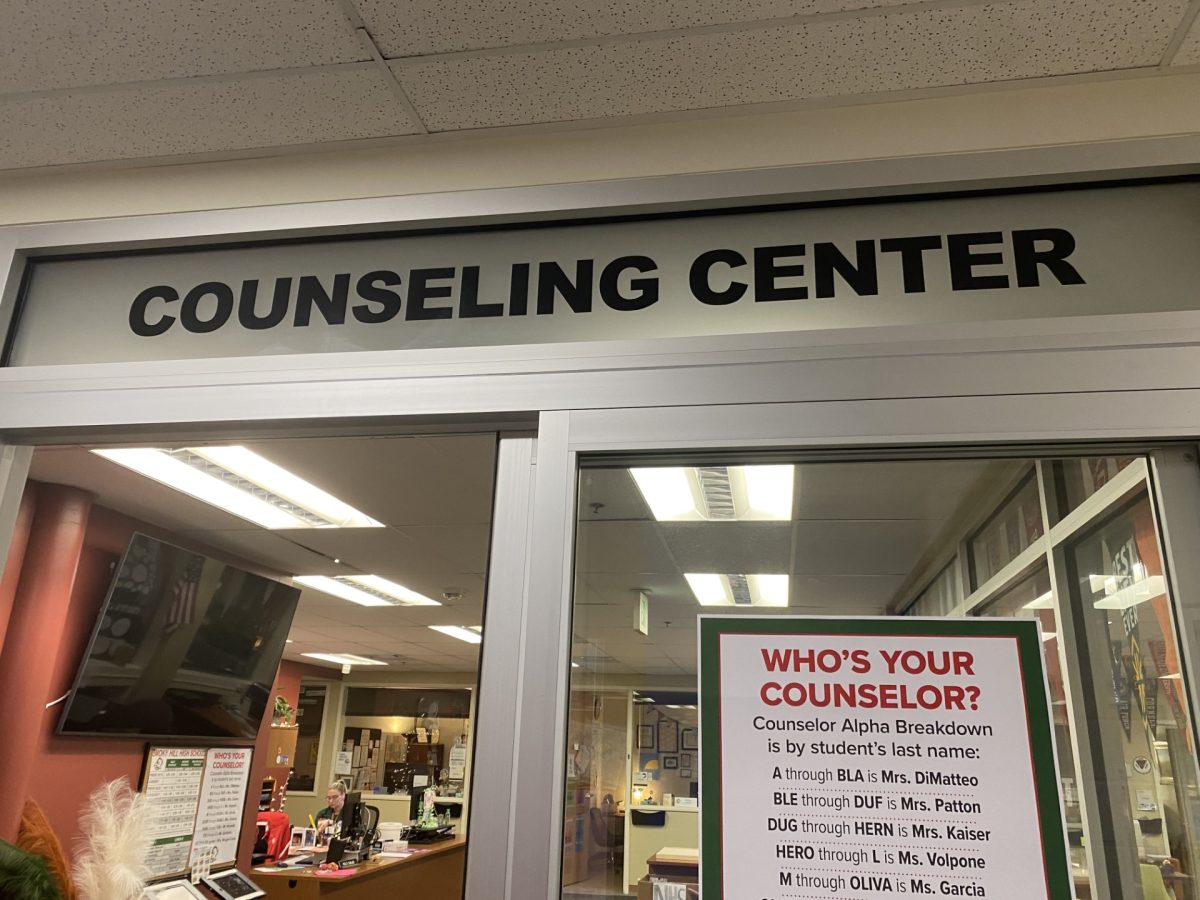
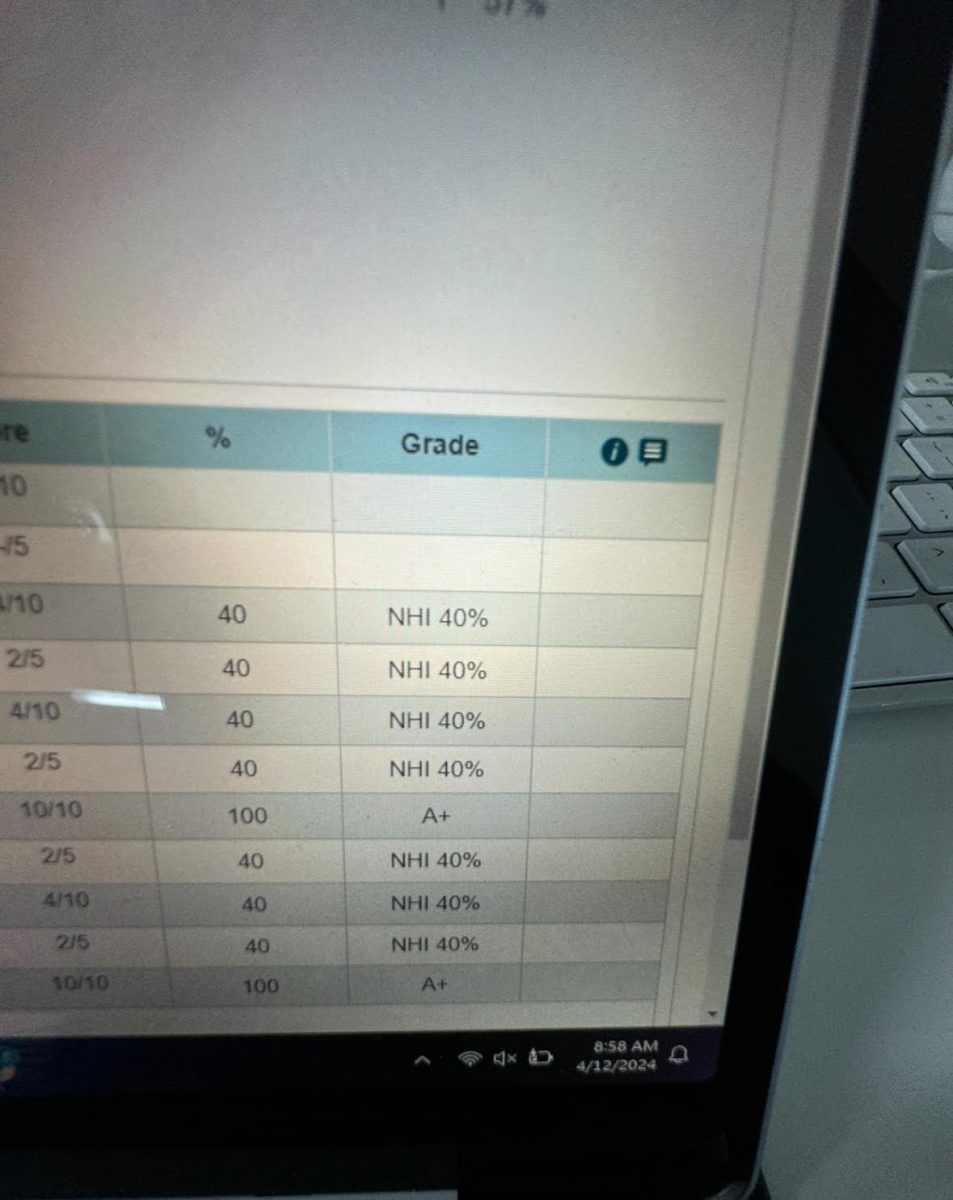



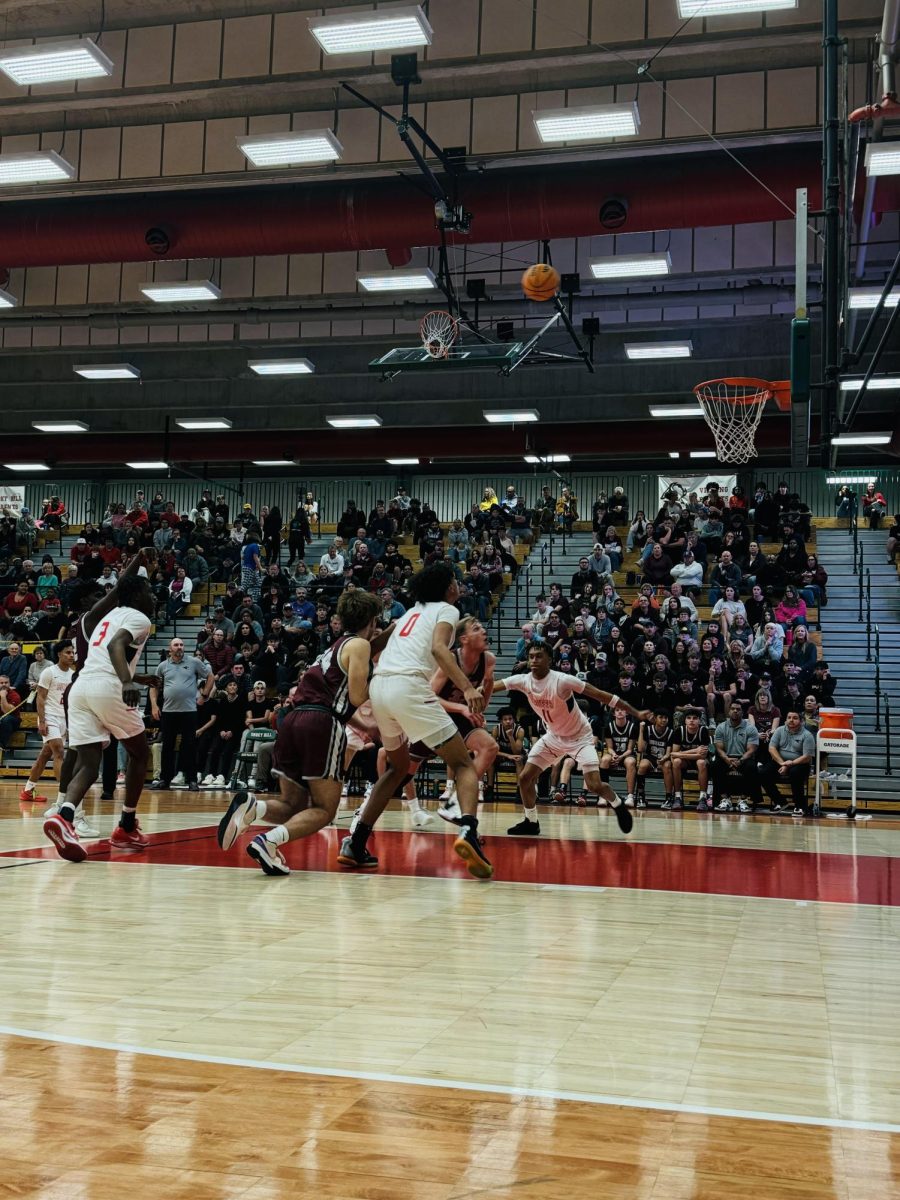
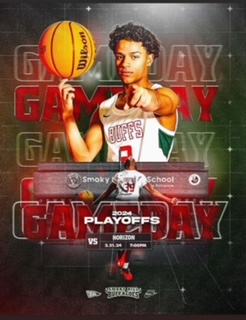
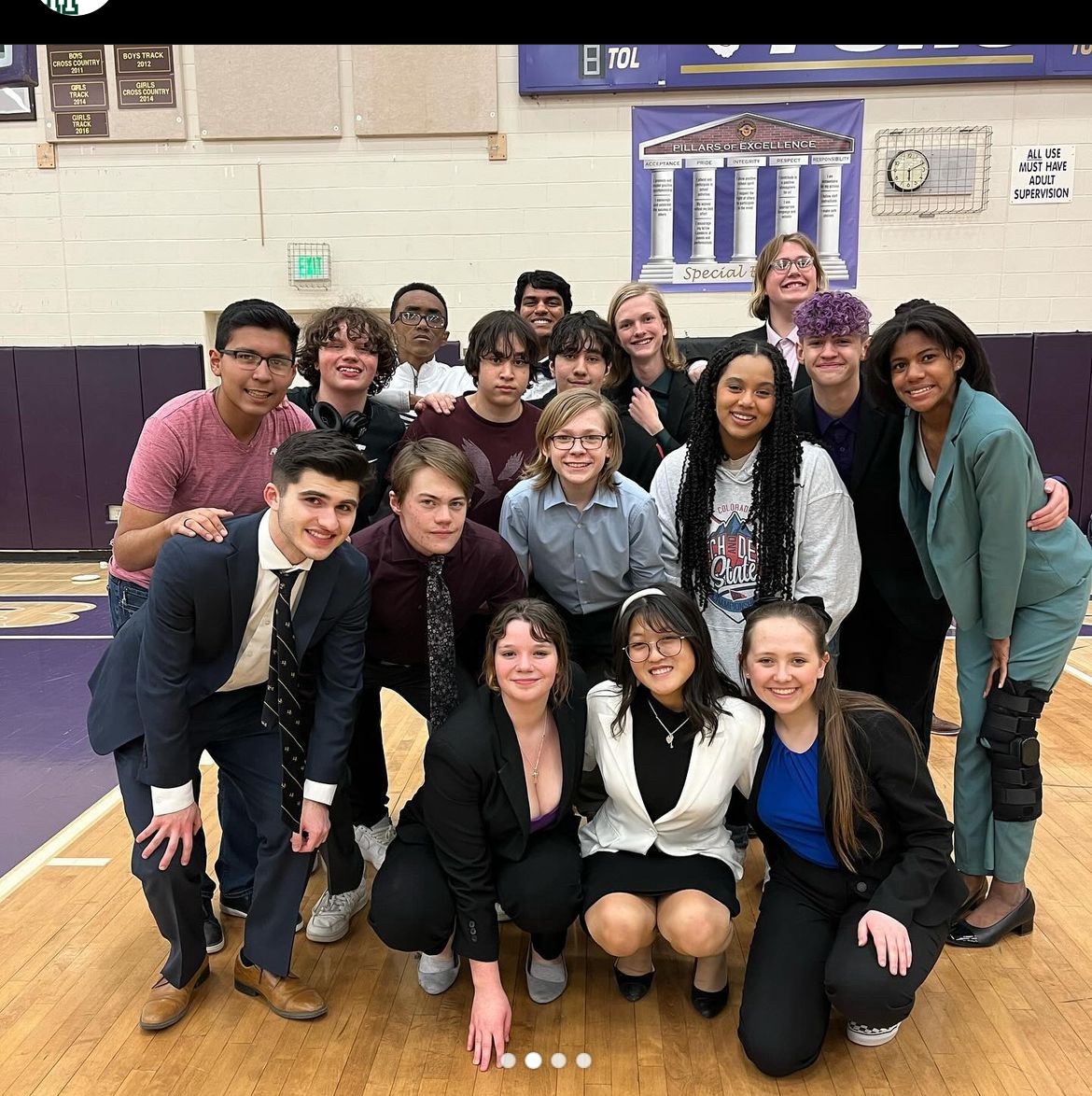
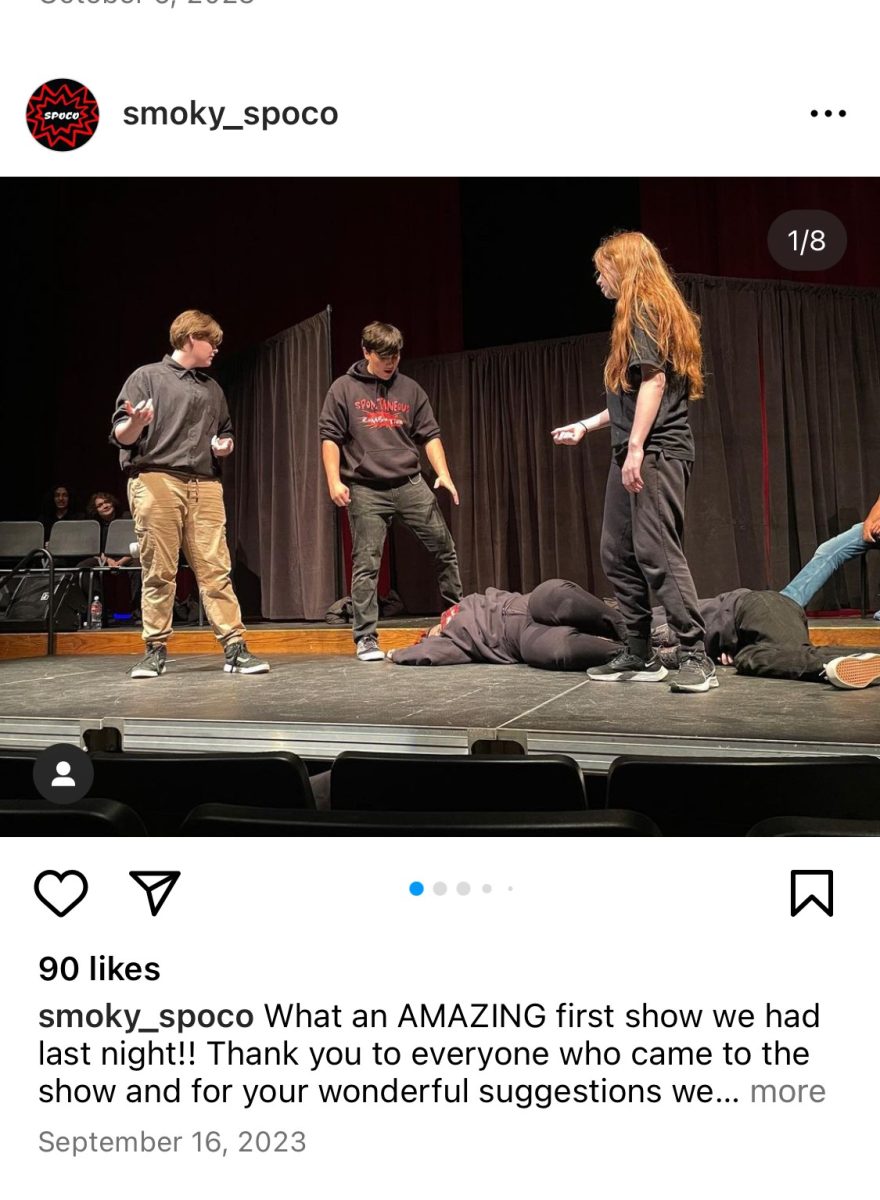
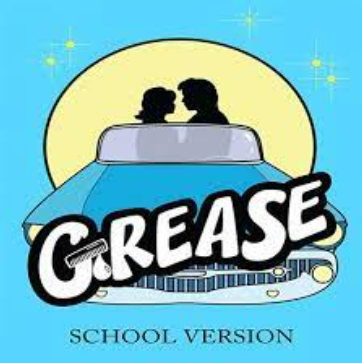
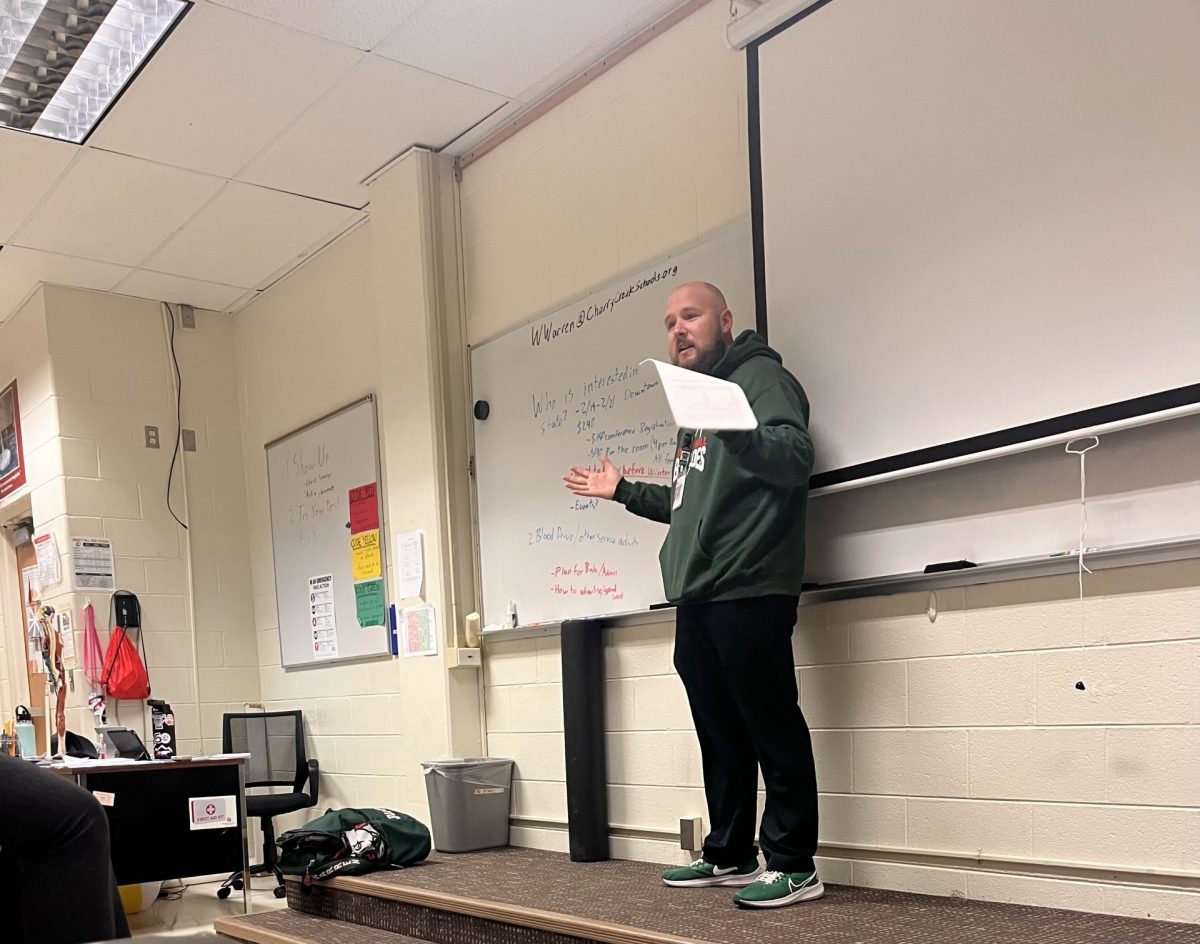

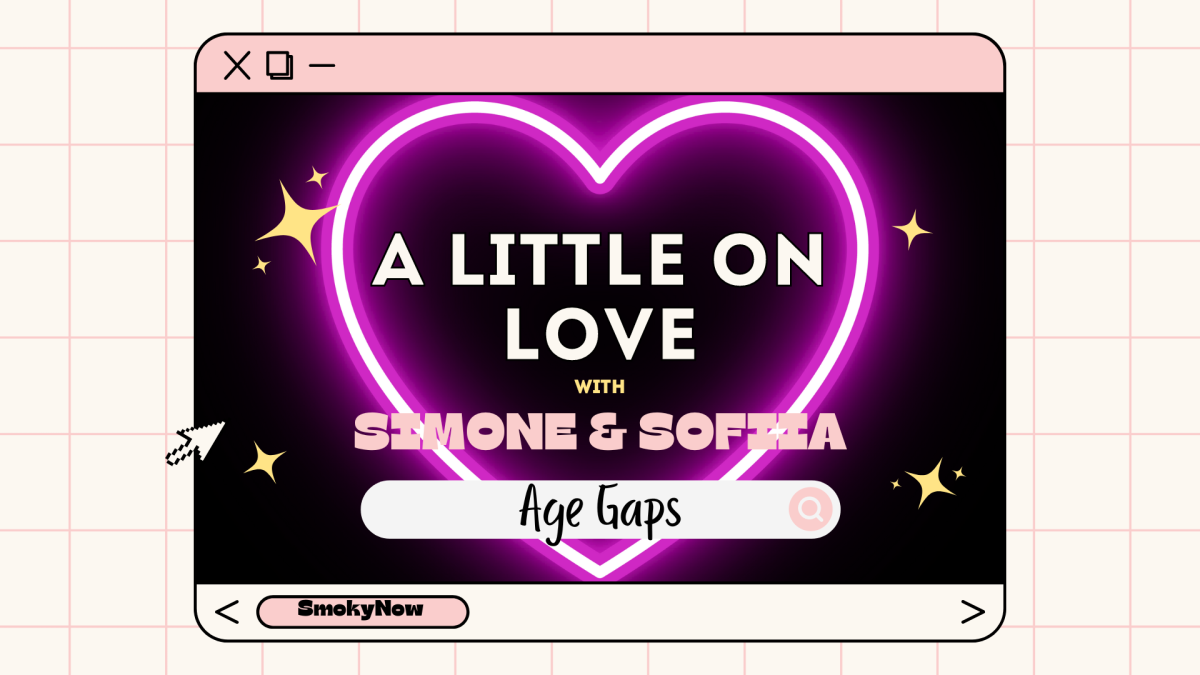







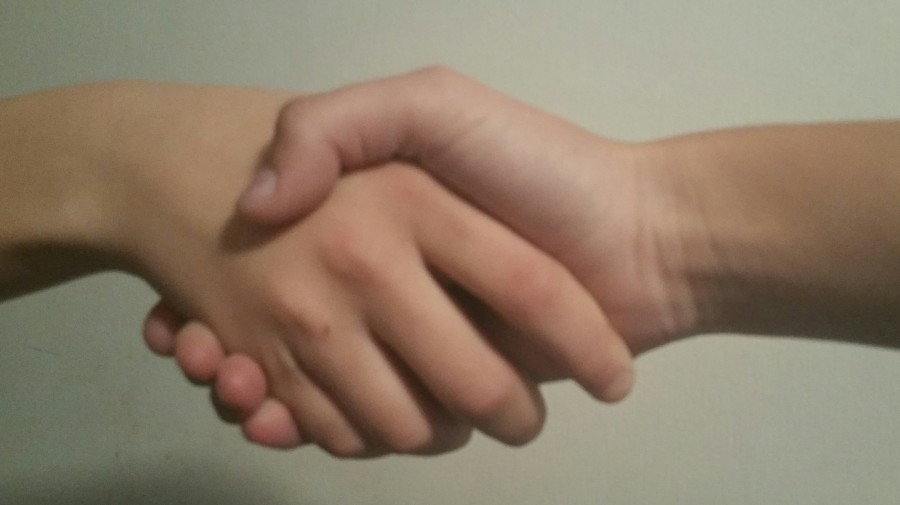
Kyema Razack • Nov 2, 2015 at 7:00 pm
Great job girlly!! I think it was great you had different viewpoints of respect from teachers and students instead of just 1 which really shows what we are supposed to be doing as a publication. Keep up the great work.
Micheal Tran • Oct 7, 2015 at 4:02 pm
The only grammatical error I found was in the first paragraph, the first sentence. I really love this idea! And Hamner’s quote was the best thing I read all day! Loving it.